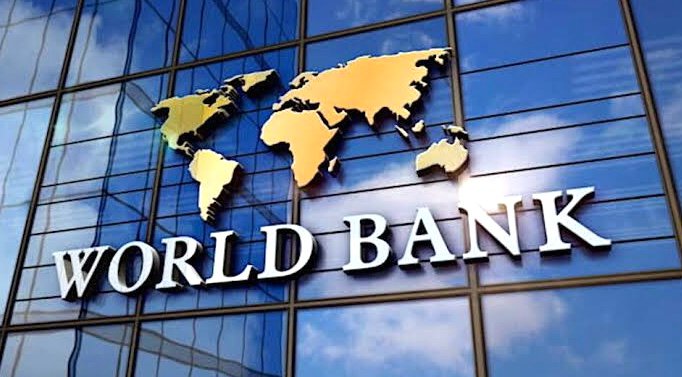The World Bank has revised its 2025 growth forecast for sub-Saharan Africa upward to 3.8 percent, from an earlier projection of 3.5 percent, attributing the improvement to declining inflation, stabilizing currencies, and rising investment in major economies such as Ethiopia, Nigeria, and Côte d’Ivoire.
According to the newly released October 2025 edition of Africa’s Pulse, the region is showing clear signs of recovery after a decade marked by global economic shocks. The report notes that private consumption and investment are gaining momentum, helping to drive the rebound.
Following a slowdown in 2023, economic growth across the region is expected to strengthen further, averaging 4.4 percent annually in 2026–2027, the report adds. Inflation has eased significantly, with median consumer prices dropping from a 9.3 percent peak in 2022 to 4.5 percent in 2024, and projected to remain stable between 3.9 and 4.0 percent through 2026.
“These favourable conditions are fueling a recovery in private consumption and investment,” the report states.
Andrew Dabalen, the World Bank’s Chief Economist for Africa, highlighted that most African currencies that had previously depreciated against the U.S. dollar have now stabilized, supported by a weaker dollar, which has fallen nearly 10 percent since the beginning of the year.
The World Bank raised growth expectations for Ethiopia, Nigeria, and Côte d’Ivoire, citing rising real incomes and renewed investor confidence. However, Dabalen cautioned that the rebound remains gradual, given persistent challenges such as high debt levels and low productivity.
“While this marks a gradual recovery from a decade of successive shocks, the rebound has yet to gain strong momentum,” the report noted.
Despite improved short-term prospects, the Bank warned that sustained growth and stability will depend on job creation, particularly for the region’s expanding youth population. Dabalen underscored the importance of supporting small and medium-sized enterprises (SMEs), describing them as critical engines for employment.
He also warned that youth unemployment and underemployment have already fueled social unrest in countries such as Nigeria, Kenya, and Madagascar.
The report further cautioned that trade policy uncertainty, especially concerning the future of the U.S.-Africa Growth and Opportunity Act (AGOA), and debt vulnerabilities continue to pose significant risks. While easing inflation has allowed many central banks to loosen monetary policy, high debt servicing costs remain a major fiscal burden, diverting resources from essential public services.
Source:Africa Publicity








